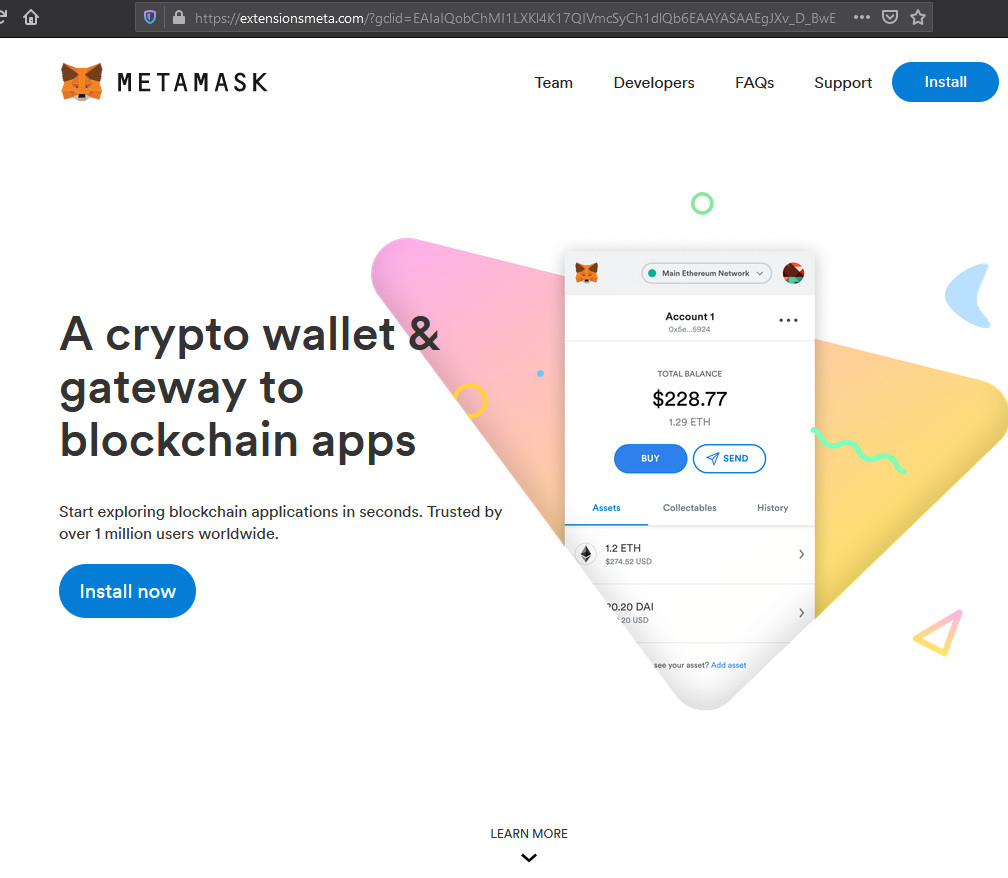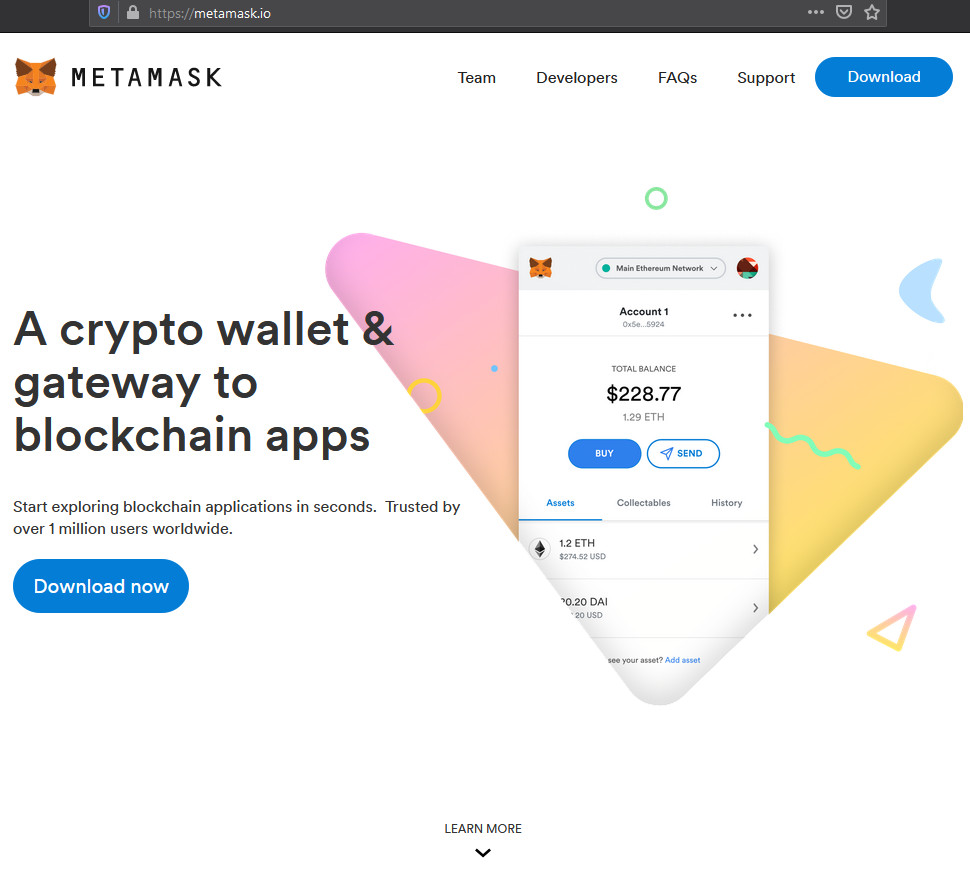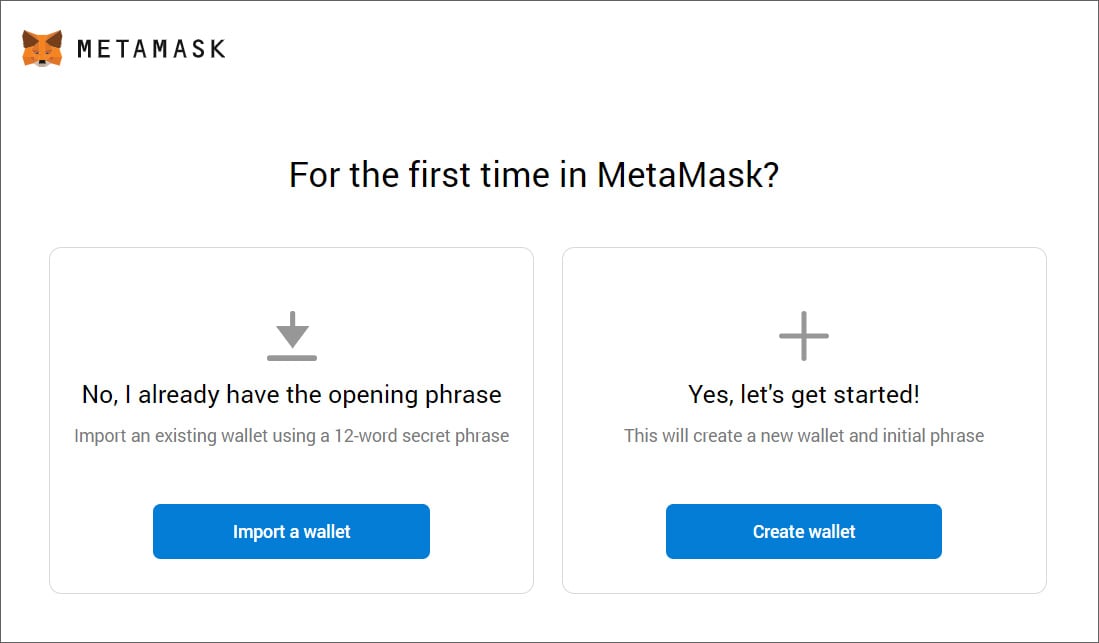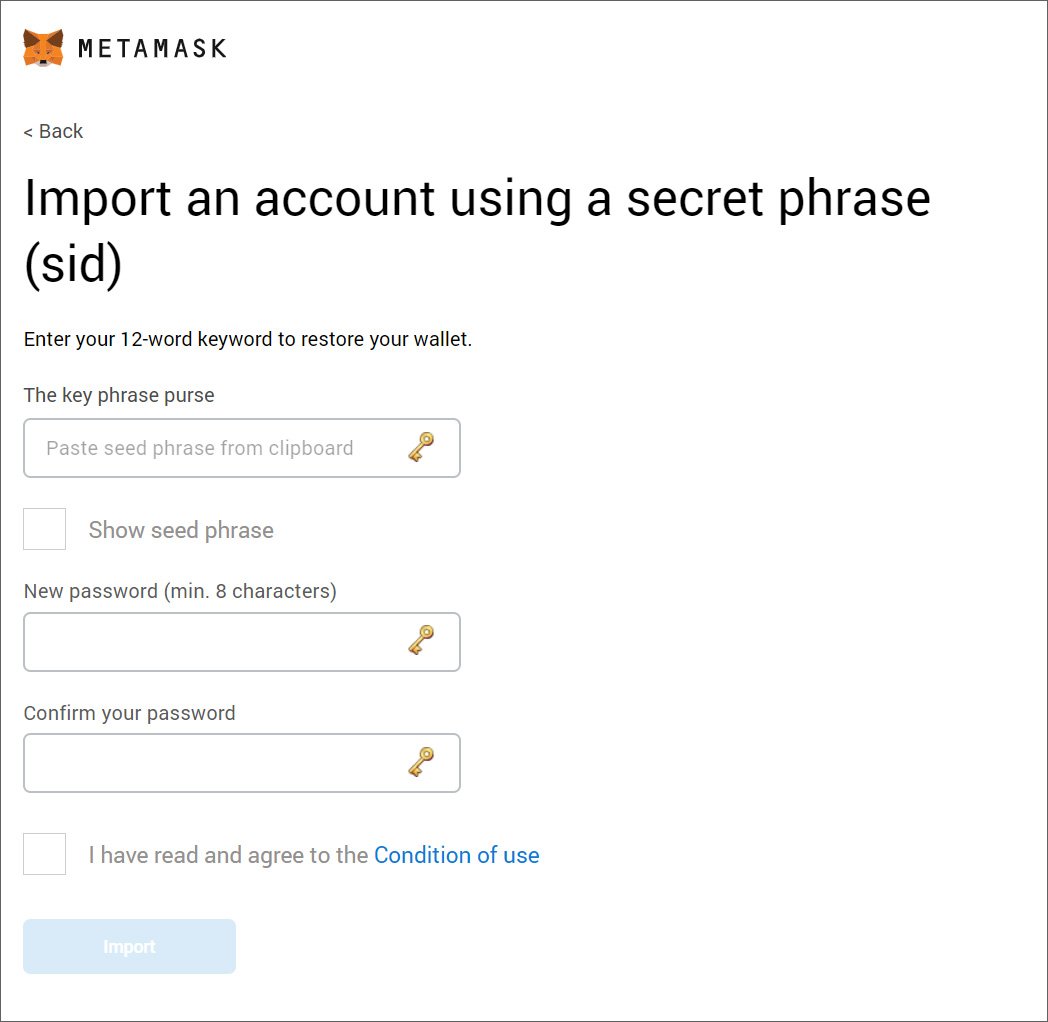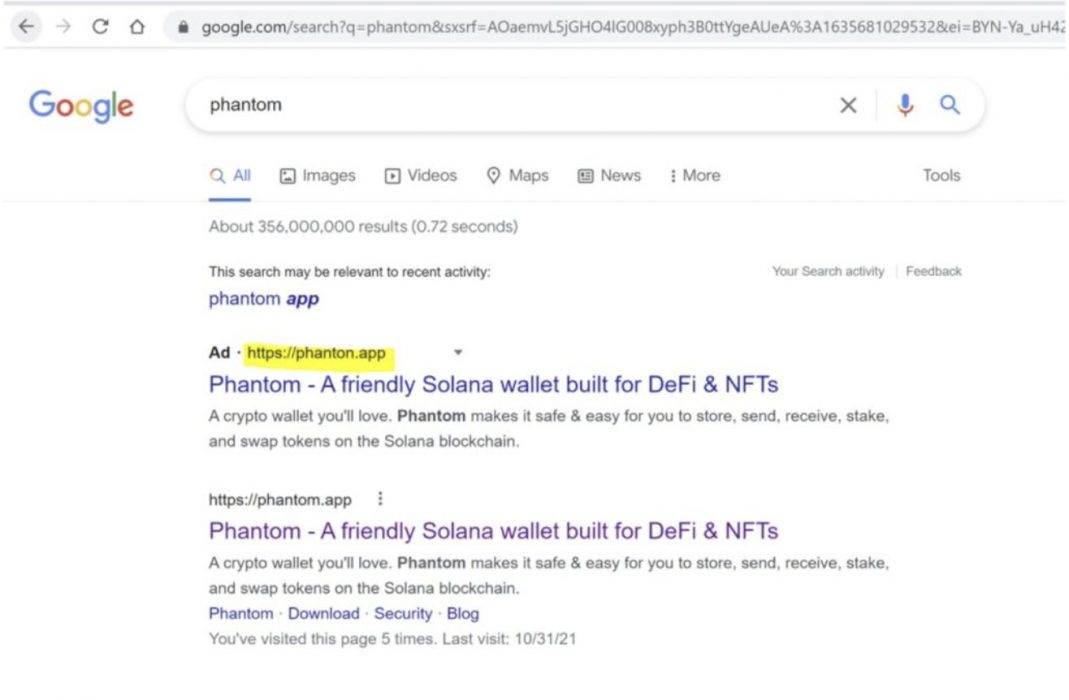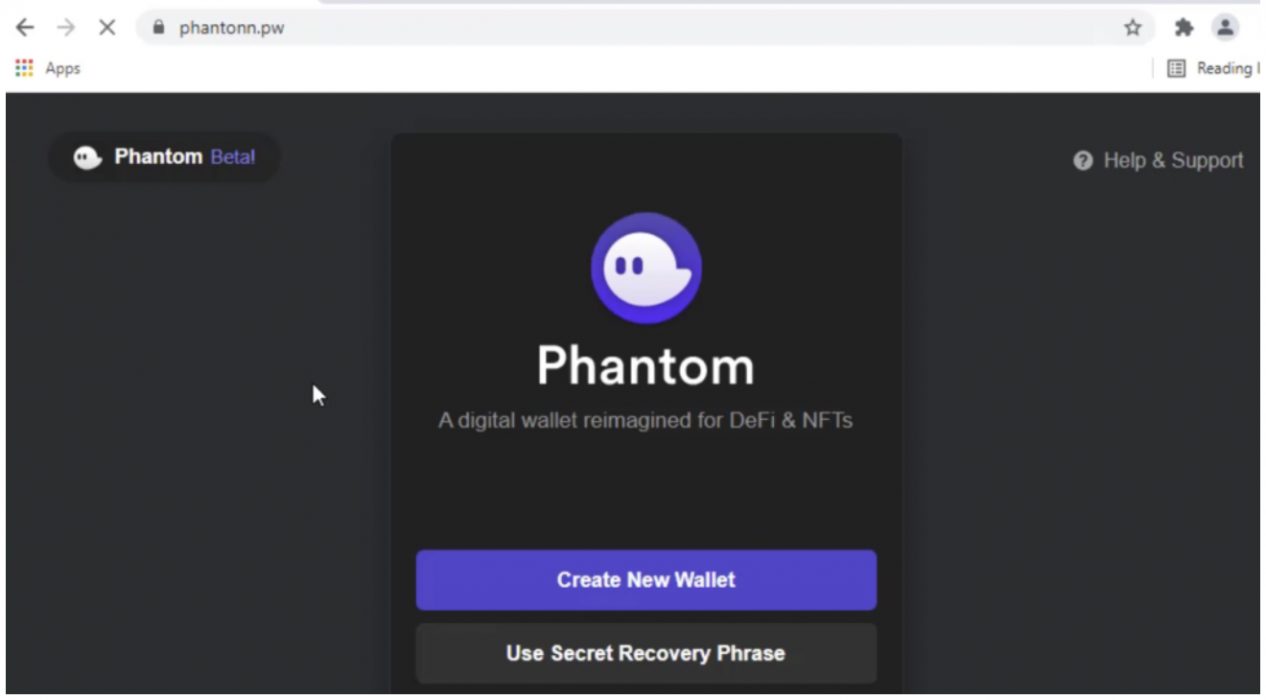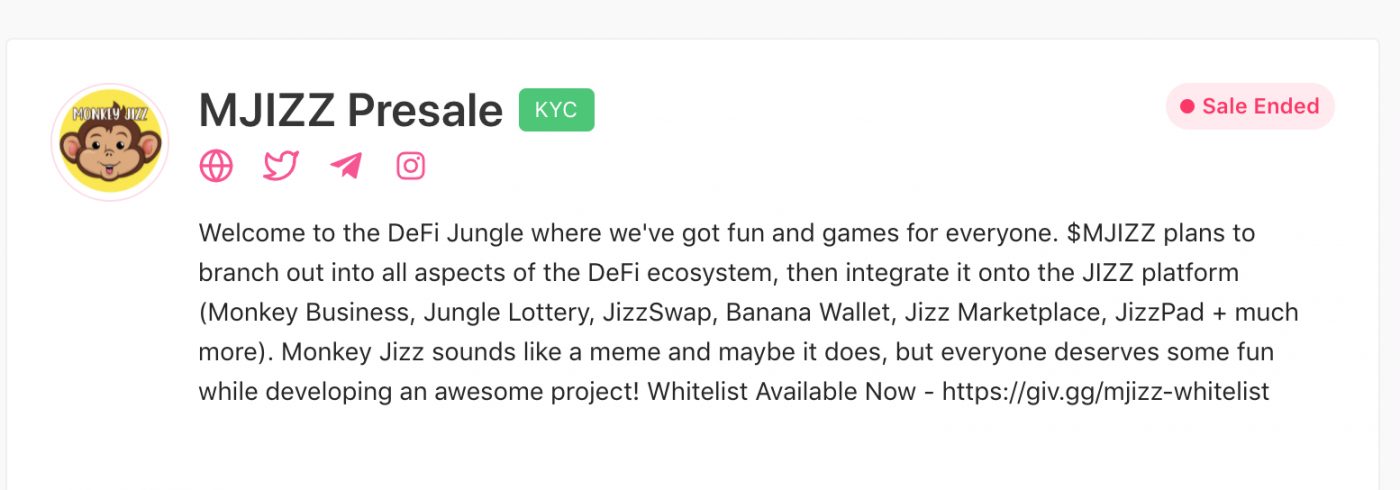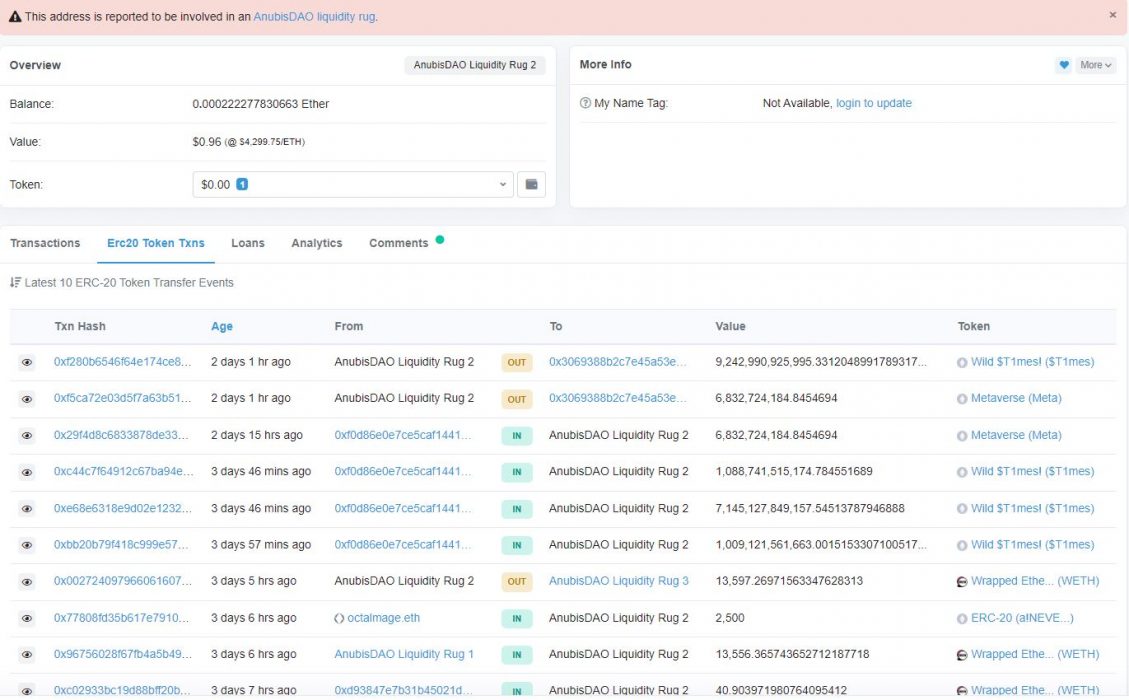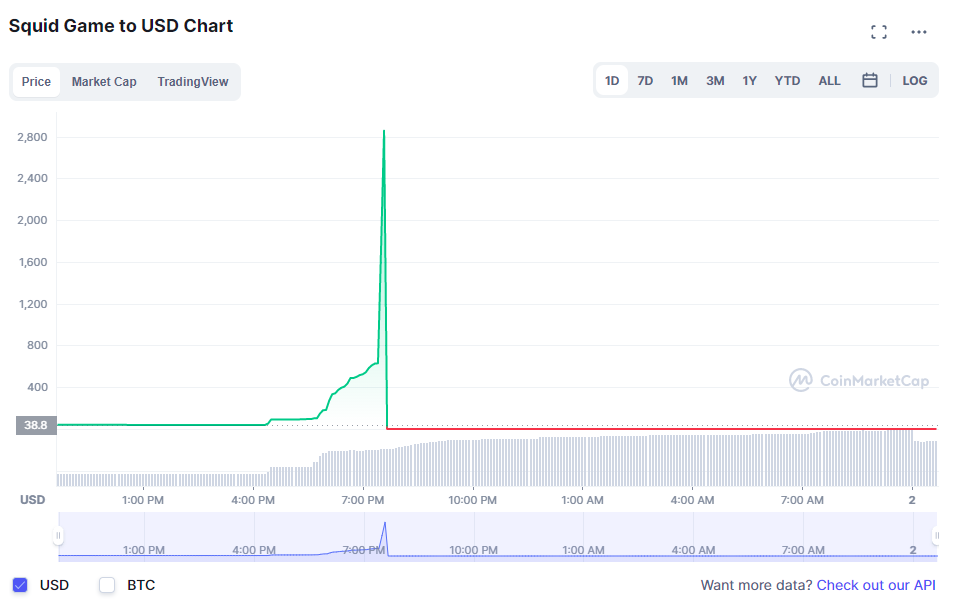SnowdogDAO (SDOG), a decentralised reserve memecoin based on Avalanche, has shed more than 90 percent of its value in what many in the DeFi community believe was the platform’s largest rug-pull.
Developers Claim ‘Failed Experiment’
Yet the SnowdogDAO team claims that what happened on November 26 was not a rug-pull, simply a “game theory experiment” that went awry. In the event, up to US$30 million in investments was lost.
Launched as an eight-day experiment that was scheduled to end with a giant buyback, SDOG understandably attracted a lot of attention. According to the development team, its so-called experiment was intended only to create awareness for Snowbank.
The buyback was to have been financed by assets acquired by the Snowdog treasury through mint sales. In eight days, the treasury market value grew to US$44 million, which meant that holders were able to compete for a portion of those funds during the buyback.
Buyback Fails Spectacularly
What the developers failed to clarify was that only 7 percent of the SDOG supply was eligible to be sold above market price before the buyback. But the buyback failed spectacularly within seconds of launching, with a single address making almost US$10 million by swapping SDOG for other cryptocurrencies, thus removing a quarter of the treasury’s buyback power.
Funds Drained into Three Wallets
Just before the buyback, the address bought around US$180,000 worth of SDOG with Magic Internet Money (MIM) in batches of $10,000 and then staked the token. A day later, they staked the funds and were able to drain over $10 million worth of MIM. Two other wallets drained $7.7 million and $3.3 million respectively using the same strategy.
The owners of the addresses are yet to be identified, though many believe they most likely belonged to people closely connected to the development team.
“This certainly looks like an inside job where someone made millions of dollars on two transactions,” said Steven McKeon of software security firm MacguyverTech.
They didn’t follow up on their promises, and unfortunately, a lot of people got wrecked. They liquidated within three or four seconds before it was launched. Someone knew something before everyone else did, and went straight to the target to liquidate everything in one shot.
Steven McKeon, MacguyverTech
Postmortem Greeted With Scepticism
Although Snowdog has published a postmortem, it was largely greeted with scepticism. “The postmortem didn’t address any of the concerns,” McKeon added. “It was really wishy-washy, and tells me they don’t care. They’re trying to cover their butts any way they can. That project has a super-high risk; I’d avoid them at all costs.”
The apparent Snowdog rug-pull is just the latest of many to have occurred in the DeFi space this year, adding to a list that includes TurtleDex, ICP Coin, WhaleFarm and Bondly Finance.






